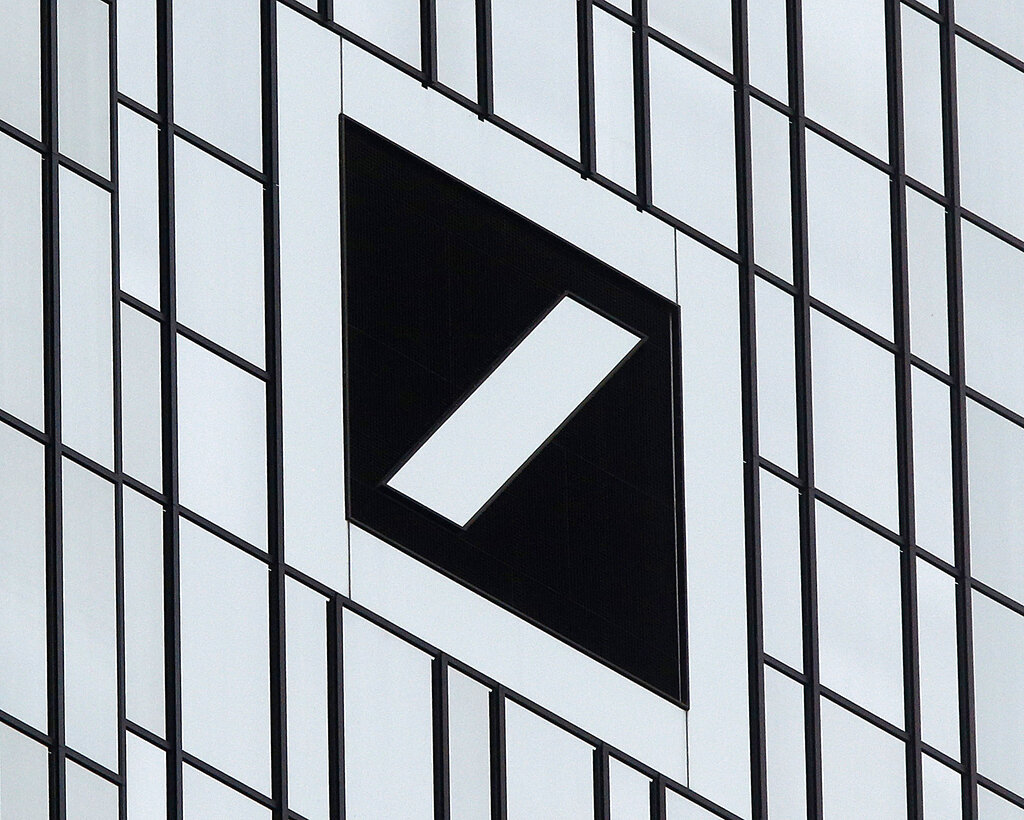The United States will enter a mild recession in 2024 during the first half of the year, while the eurozone will languish in a period of stagflation, which is already underway, according to a forecast for next year by financial giant Deutsche Bank.
Deutsche Bank analysts are also less optimistic than IMF estimates, which predict that global economic growth will slow from 3.5 percent in 2022 to 3 percent this year and 2.9 percent in 2024 — well below the historical average of 3.8 percent for the years 2000-2019.
Deutsche’s forecast talks of global economic growth of just 2.4 percent in 2024, with the 2.5 percent level described as “the upper limit for being considered to be in a global recession”.
India, the engine of global growth in 2024
Although even this slower pace of global growth depends on major contributions from the largest emerging markets, with India expected to grow by 6 percent and China by 4.7 percent in 2024, Deutsche Bank’s analysis shows.
While the IMF expects the U.S. economy to grow by 1.5 percent next year — up from 2.1 percent in both 2022 and 2023 — analysts at the German bank are talking about an advance of just 0.6 percent in 2024, after the U.S. economy goes through a mild recession in the first part of the year.
For the euro area, the IMF estimates the economy will shrink from 3.3 percent in 2022 to just 0.7 percent this year, before returning to 1.2 percent in 2024. Here, too, the bank is more reserved, with its analysis talking of “two years of stagnation” in the eurozone until after mid-2024.
For the eurozone, Deutsche analysts see GDP growth in 2024 at an anemic 0.2 percent, virtually equating to stagnation. They warn that the recovery of the European economy will start in the second half of next year, but will be long and slow. The outlook is clouded by the economic problems of Germany, the region’s largest economy.





